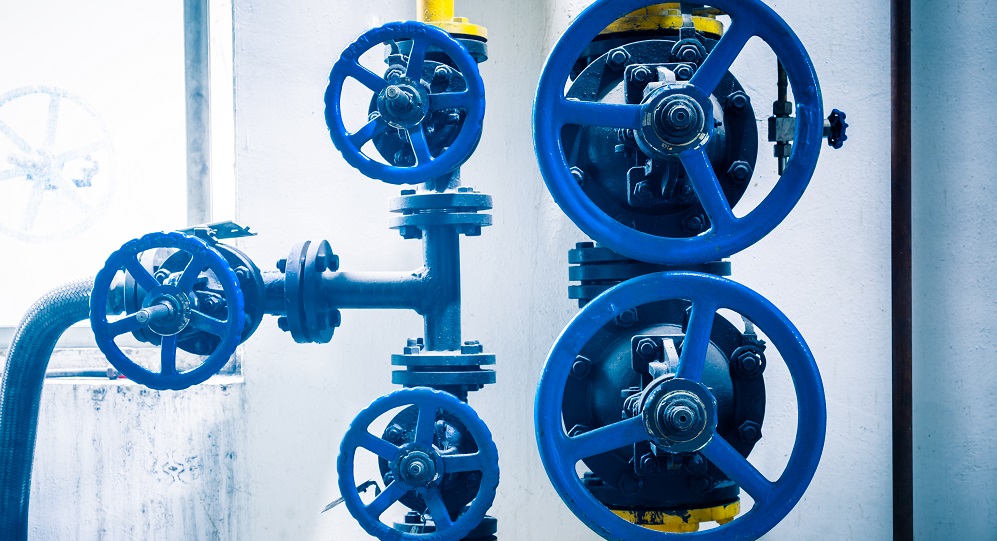Industrial Water Treatment Systems: Exploring the Importance of Water Treatment Equipment

Water is an essential resource, and industries rely on it for various processes. However, before utilizing water in industrial applications, it is crucial to ensure its quality and purity. This is where industrial water treatment systems come into play. In this blog post, we will delve into the concept of industrial water treatment systems while highlighting the key role played by water treatment equipment in maintaining water quality. Let’s explore three important aspects related to this topic.
The Basics of Industrial Water Treatment Systems
Industrial water treatment systems are designed to remove impurities, contaminants, and unwanted substances from water sources used in various industrial processes. These systems employ a range of technologies and methodologies to purify water, making it suitable for specific applications. Central to these systems are advanced water treatment equipment that aid in the overall purification process.

Key Components of Water Treatment Equipment
Water treatment equipment comprises several critical components that work together to ensure effective purification. These components include:
Filtration Units:
Filtration units form the core component of any industrial water treatment system. They eliminate suspended solids, sediment, particles, and other contaminants from the water using materials such as sand, activated carbon filters, or membrane-based filtration systems.
Disinfection Systems:
Disinfection systems play a vital role in killing harmful microorganisms like bacteria and viruses present in the water supply. Common disinfection methods include chlorination, ultraviolet (UV) irradiation, ozonation, or advanced oxidation.
Chemical Dosing Equipment:
Chemical dosing equipment is responsible for adding precise amounts of chemicals necessary for coagulation and flocculation processes during water treatment. This step aids in aggregating fine particles present in the water supply into larger clumps for easier removal.
Reverse Osmosis (RO) Systems:
RO systems utilize a semi-permeable membrane to remove dissolved salts, minerals, and other impurities from water through a pressurized filtration process. This technology is widely used in industries where purified water with low mineral content is required.

Importance of Optimal Water Treatment Equipment
Water treatment equipment plays a vital role in the overall effectiveness and efficiency of industrial water treatment systems. Here’s why it is essential:
Ensuring Regulatory Compliance:
Industries need to adhere to strict regulations and standards regarding water quality and discharge. Utilizing reliable water treatment equipment ensures compliance with these guidelines, safeguarding the environment and public health.
Enhancing Efficiency:
Efficient water treatment equipment can significantly reduce operating costs and energy consumption. By removing impurities effectively, less maintenance is required for machinery that comes into contact with the treated water, saving both time and money.
Improving Product Quality:
Certain industries require high-quality water for their processes to avoid potential product contamination or damage. Water treatment equipment helps eliminate contaminants that could negatively affect product quality, consistency, and overall performance.
Conclusion:
Industrial water treatment systems are crucial for maintaining the quality of water used in various industrial applications. The utilization of suitable water treatment equipment ensures optimal purification results. By understanding the basics of these systems and acknowledging the significance of reliable equipment, industries can ensure sustainable use of this precious resource while adhering to environmental regulations
